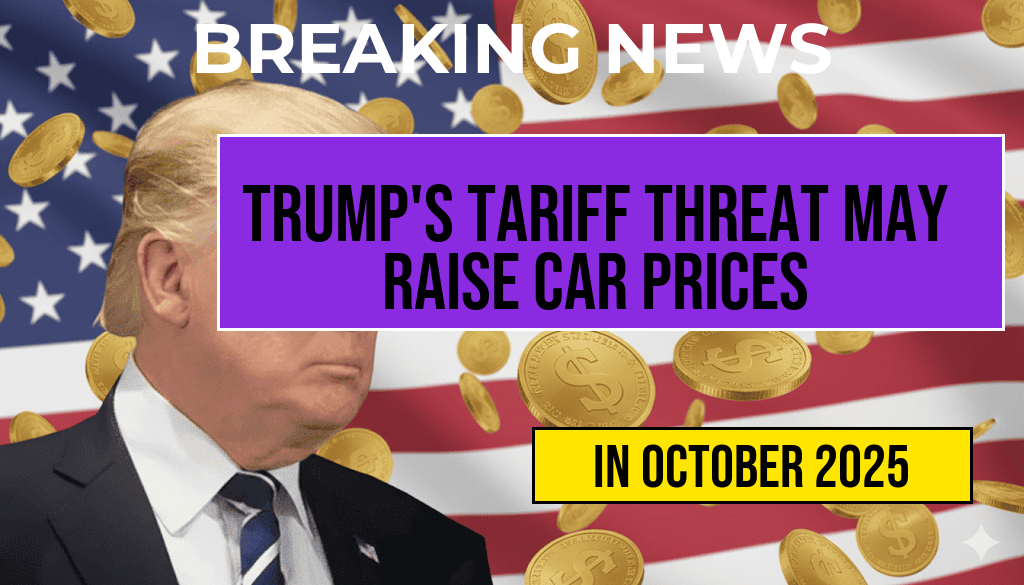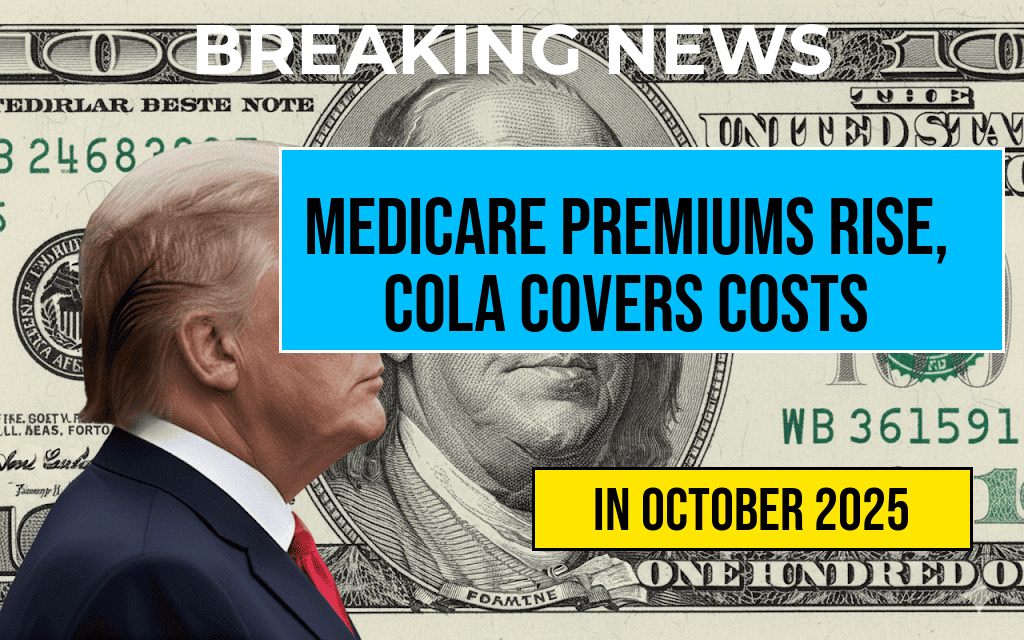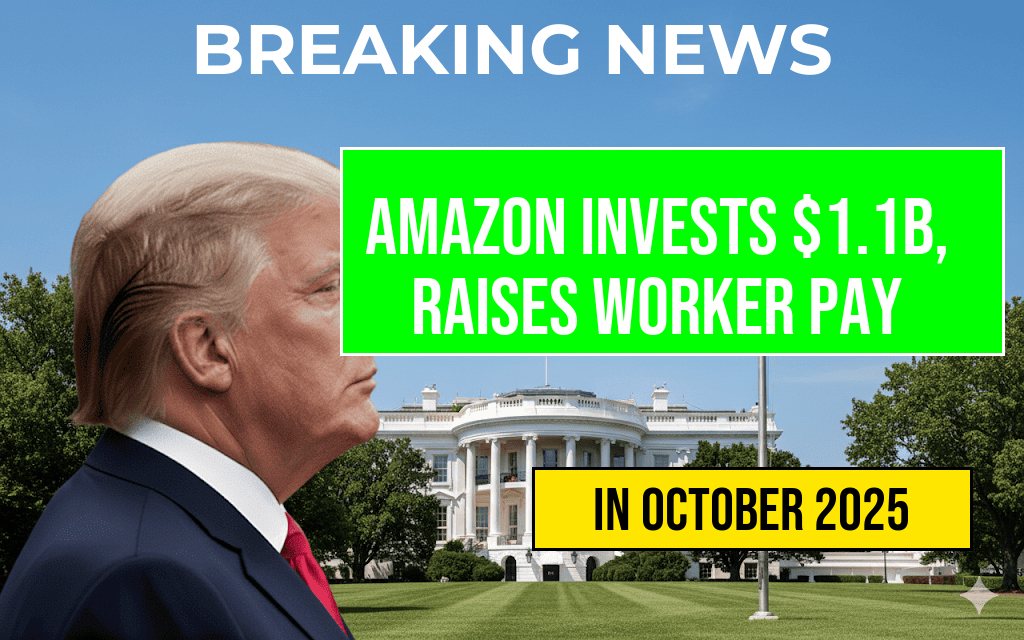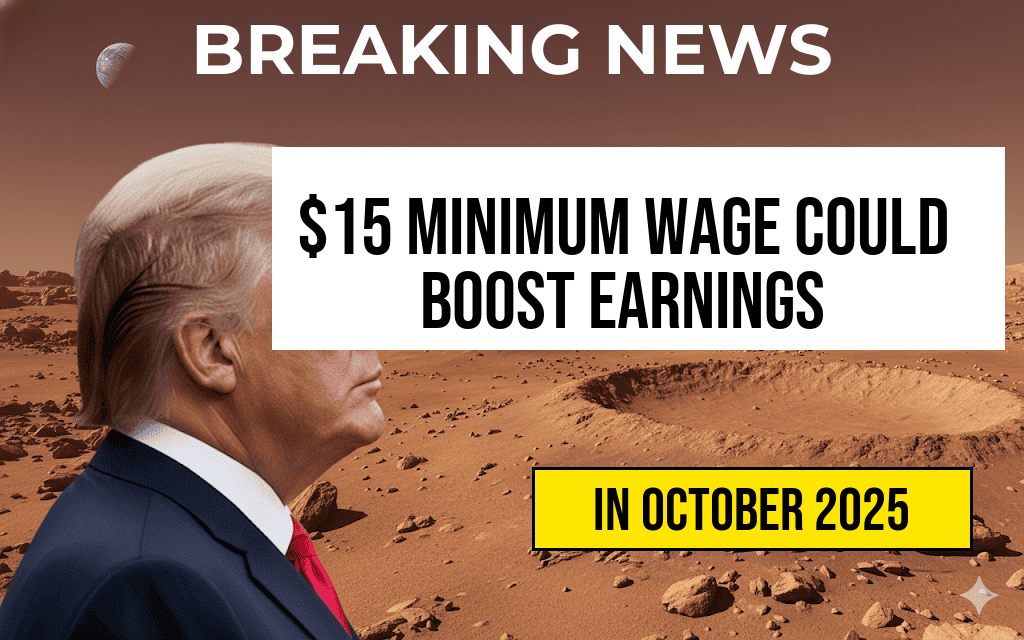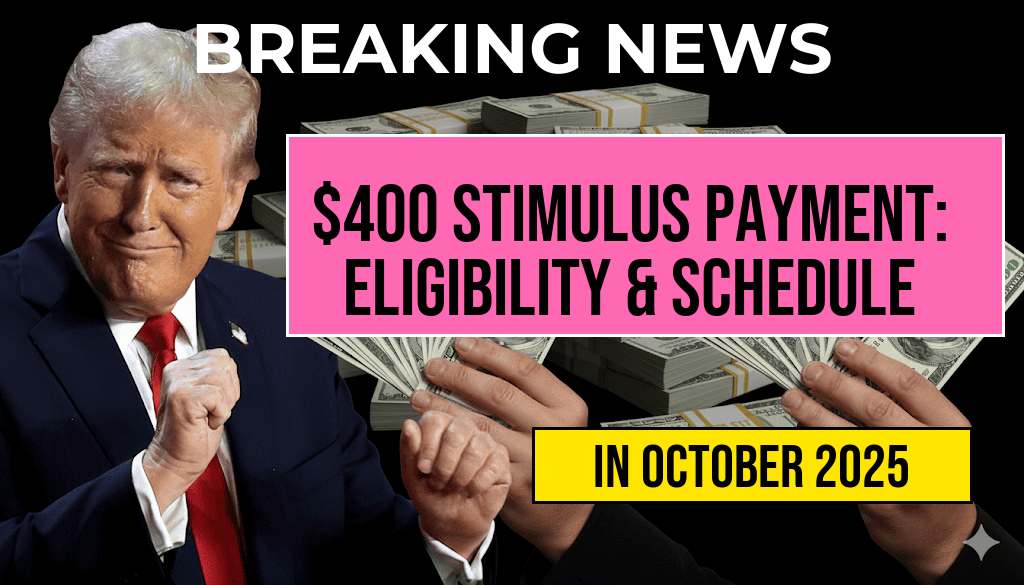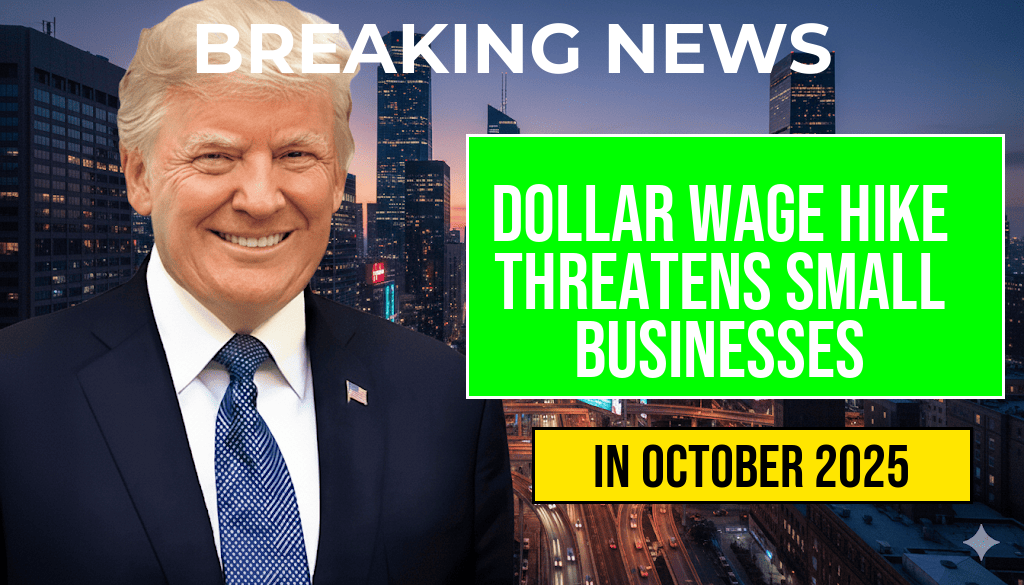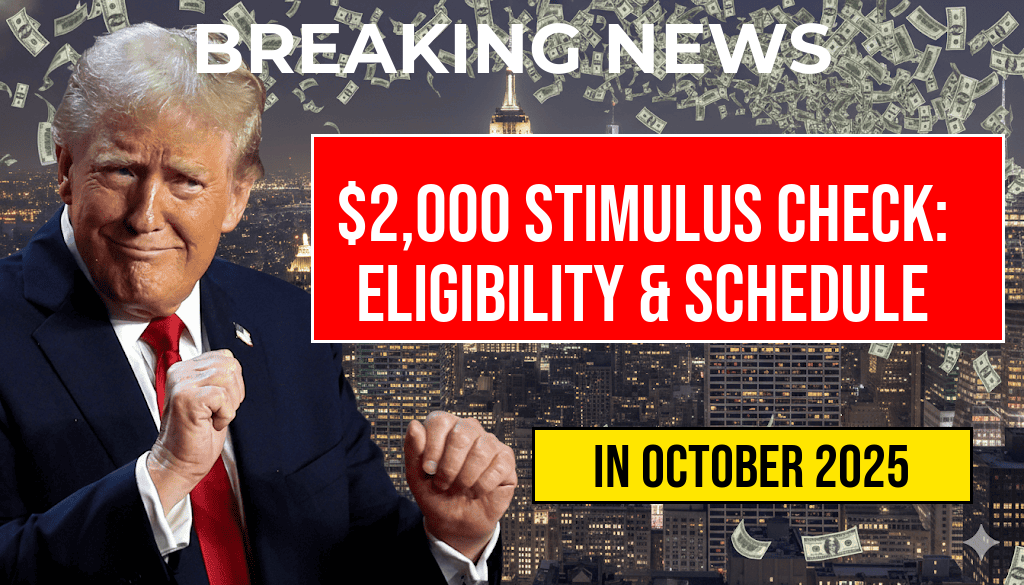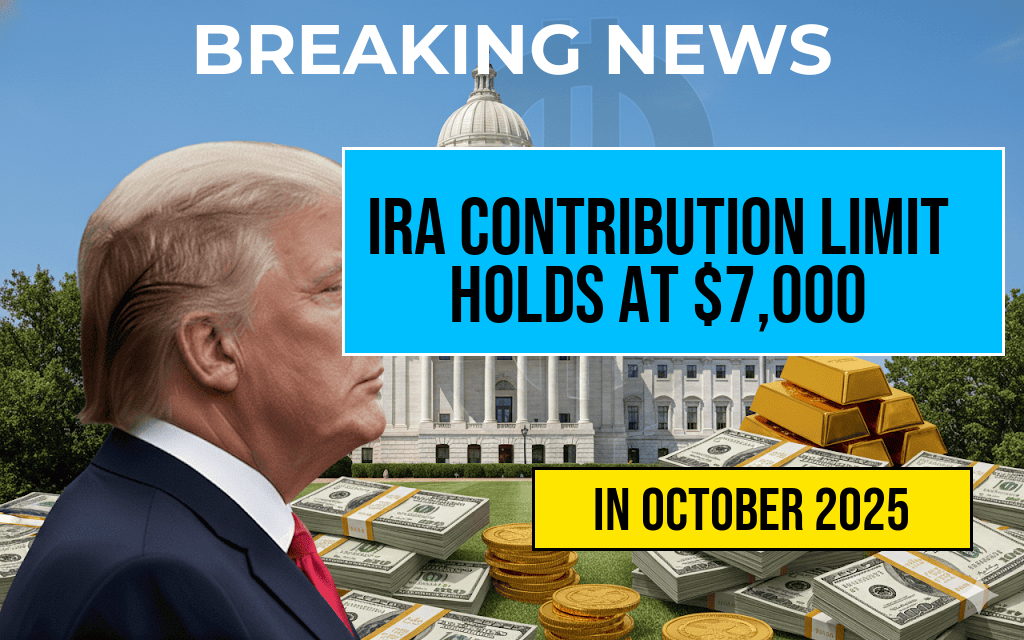The prospect of increased vehicle prices looms over American consumers as former President Donald Trump signals potential moves to reintroduce tariffs on imported automobiles and auto parts. The threat, if realized, could elevate the average cost of new vehicles by as much as $5,286, according to industry analysts. This development marks a significant shift in trade policy that could ripple through the auto market, affecting everything from manufacturer supply chains to consumer affordability. With the U.S. automotive industry already grappling with supply chain disruptions and rising manufacturing costs, a renewed tariff push could further complicate the landscape, prompting both automakers and buyers to brace for possible impacts.
Potential Tariffs and Their Impact on Vehicle Pricing
Background on Past Auto Tariffs
During the Trump administration, tariffs on imported steel and aluminum increased costs for automakers, indirectly raising vehicle prices. Although some tariffs were later lifted or reduced, the threat of reinstating or expanding tariffs remains a tool in the trade strategy of the current political climate. Trump’s latest statements suggest a willingness to revisit these tariffs, targeting countries like China, Mexico, and Canada, which are significant sources of imported vehicles and parts.
How Tariffs Could Drive Up Costs
Trade experts estimate that imposing new or higher tariffs on imported vehicles and parts could increase the average price of a new car by about $2,500 to $5,286. This range depends on the scope of tariffs, the type of vehicles affected, and the degree to which automakers can pass costs onto consumers. The table below illustrates how different tariff levels could influence vehicle prices:
| Tariff Rate | Estimated Increase in Vehicle Price |
|---|---|
| 10% | $2,500 |
| 15% | $3,750 |
| 20% | $5,286 |
Industry Response and Market Outlook
Automaker Perspectives
Major automakers have expressed concern over the potential for tariff increases, warning that higher costs could lead to reduced profit margins or delayed vehicle launches. Some manufacturers, especially those heavily reliant on imported components, have begun exploring supply chain diversification to mitigate risks. For instance, Honda and Toyota, which operate manufacturing plants in the U.S., might be less affected but still face increased costs for imported parts.
Consumer and Market Implications
Consumers could see new vehicle prices climb significantly, potentially dampening demand amid existing economic uncertainties. The auto industry has already been impacted by supply chain shortages of semiconductors, which have pushed up prices and limited vehicle inventory. Additional tariffs could exacerbate these issues, leading to longer wait times for new cars and fewer options on dealer lots.
Broader Economic Context
Trade Policy and Automotive Supply Chains
The automotive supply chain is highly interconnected, with parts often crossing multiple borders before reaching assembly lines. Reintroducing tariffs could trigger a domino effect, increasing costs across the board. According to the Wikipedia entry on the U.S. automotive industry, such disruptions can have far-reaching economic consequences, impacting employment, manufacturing output, and consumer prices.
Potential Political and Market Reactions
Investors and market analysts are closely watching political signals, with some warning that tariff threats could introduce volatility into automotive and broader equities markets. Trade negotiations and policy decisions in the coming months could determine whether prices stabilize or continue to escalate.
Summary of Key Points
- Trump’s tariff threat could raise new vehicle costs by up to $5,286.
- Potential tariffs target imported cars and parts, impacting manufacturers and consumers.
- Industry estimates suggest significant price hikes, depending on tariff levels.
- Supply chain disruptions could deepen, affecting vehicle availability and affordability.
- Market reactions remain uncertain, with industry stakeholders preparing for possible policy shifts.
As the political landscape evolves, both automakers and consumers face the possibility of a more expensive and uncertain automotive market. While tariffs are a common bargaining tool, their reimplementation in the current climate signals a potential shift that could reshape the cost structure of new vehicles in the United States.
Frequently Asked Questions
What is the main concern regarding Trump’s tariff threat on the new car market?
The primary concern is that Trump’s tariff threat could lead to a significant increase in vehicle prices, potentially raising costs by up to $5,286.
How could tariffs impact the overall cost of purchasing a new car?
Tariffs on imported car parts and vehicles can increase manufacturing costs, which may be passed on to consumers, resulting in higher vehicle prices.
Which vehicles are most likely to be affected by these tariffs?
Vehicles that rely heavily on imported parts or are imported themselves are most vulnerable to price hikes due to tariffs.
Could these tariffs lead to a decrease in vehicle availability?
Yes, increased tariffs could disrupt supply chains, potentially leading to shortages and reduced availability of certain models.
What should consumers consider if they are planning to buy a new car soon?
Consumers should be aware of potential price increases and consider timing their purchase accordingly, while also exploring alternative models and dealership offers.

